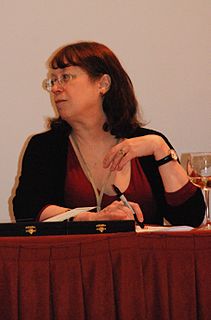A Quote by Alexander Pope
Some people are commended for a giddy kind of good-humor, which is as much a virtue as drunkenness.
Related Quotes
An interesting difference between African-American humor and Jewish humor, in it's kind of basic or maybe most austere type form is, African-American humor, some of it comes out of playing the dozens in which you insult the other person or insult the other person's mother, and so much of Jewish humor is like, you're insulting yourself. It's totally self-deprecating.
The cheapness of wine seems to be a cause, not of drunkenness, but of sobriety. ...People are seldom guilty of excess in what is their daily fare... On the contrary, in the countries which, either from excessive heat or cold, produce no grapes, and where wine consequently is dear and a rarity, drunkenness is a common vice.
Gaiety is to good-humor as animal perfumes to vegetable fragrance. The one overpowers weak spirits, the other recreates and revives them. Gaiety seldom fails to give some pain; good-humor boasts no faculties which every one does not believe in his own power, and pleases principally by not offending.
Every community is an association of some kind and every community is established with a view to some good; for everyone always acts in order to obtain that which they think good. But, if all communities aim at some good, the state or political community, which is the highest of all, and which embraces all the rest, aims at good in a greater degree than any other, and at the highest good.
I just play to progressive audiences. You know, if they're watching Discovery Channel, History Channel, that kind of thing, "Monty Python" have already laid the groundwork. They're known around the world. People like that kind of surrealist, left-field humor, and that's what I do. And "Saturday Night Live," a lot of American humor. "The Simpsons," above all, the weird, left-field humor, which I love. And sardonic. So that's all I'm doing. I find that audience, and they're in every developed country around the world.
The thing I have learned, especially in the Internet age, probably the easiest thing in the world is to declare that something is not funny. I mean it's not actually humor to say something is not funny, but it is viewed by a lot of people - and by that I mean mainly snarky young Internet men - as a kind of humor in and of itself is putting down other people's efforts at humor. And I don't care that much anymore about that because I know how easy that is to do.
"Virtue," he said. "The real thing. It's not some kind of cuddly teddy bear you can keep on the shelf until you need a hug. It's dangerous, which is why it makes people so nervous. Virtue has its own agenda, and believe me, it's not always yours. The word itself means strength, power. And when it gets loose, you'd better watch out." "Something bad might happen..." "Impossible. But possibly something painful."







































